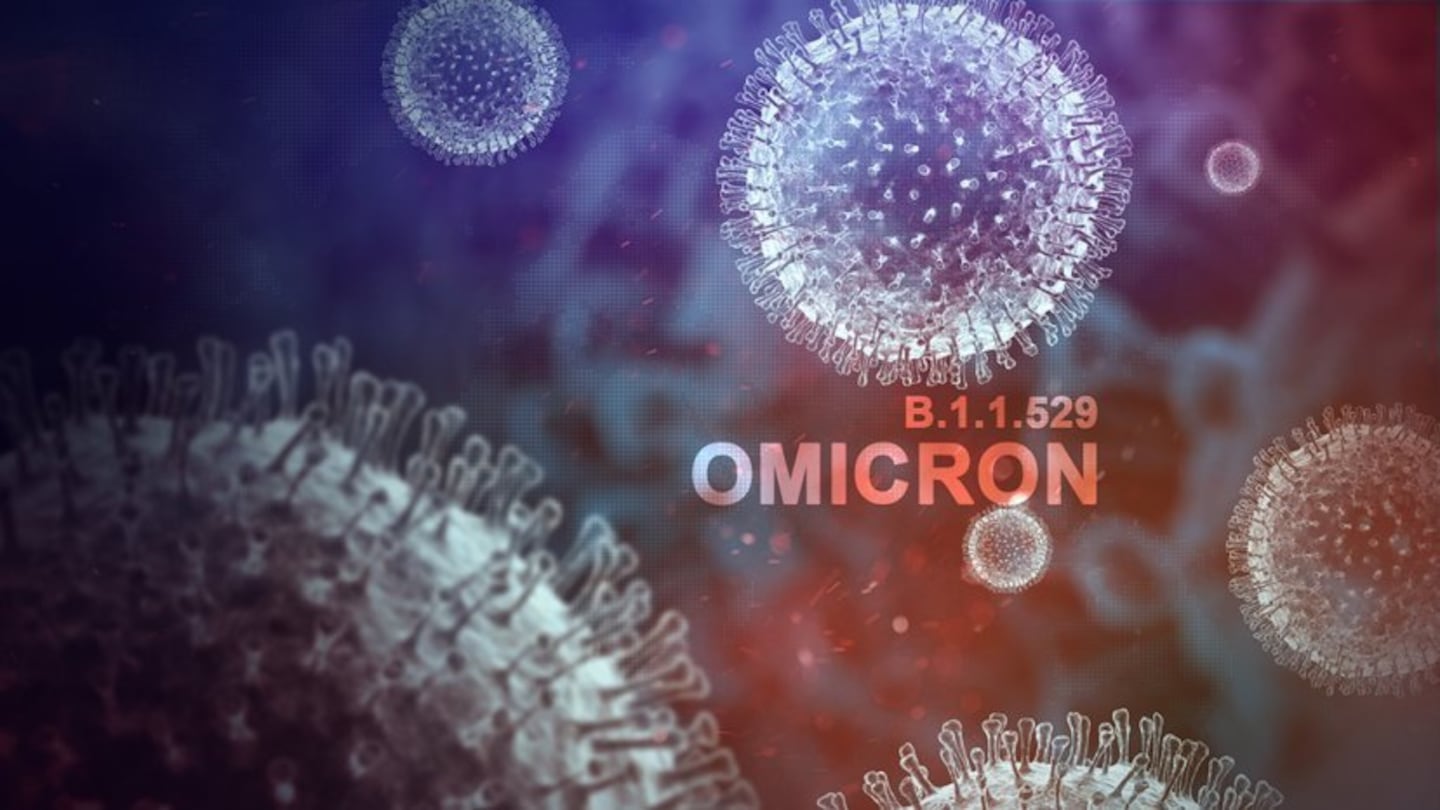The town near the top of the South Island has become the centre of the country’s attention this week with Aotearoa’s first community cases of the Omicron variant detected in a Motueka family after travelling to Auckland for a wedding.
However, while one Motueka local says initially the community was shocked, life has returned to normal.
"People are aware it's going to get here anyway. It's just a matter of time but the fact that we were the ones, it was very odd to be this tiny little town on a peninsula essentially. Probably the same the Coromandel felt when it was spotlighted – same really similar community," Lisa Heath told Te Ao Māori News.
“High St is as busy as today as it is any other day. I just went into town, and people are there, people are shopping.
Unlike previous outbreaks and lockdown, Heath hasn’t sensed the community has succumbed to panic buying and stockpiling groceries, and instead decided to keep living life as usual.
“I think a lot of people probably haven't any room in their cupboards after the last one because they had so much toilet paper left over,” she laughed, “they probably realised they didn’t need to do that.”
Te Kōtahi o te Tauihu operations manager Dr Lorraine Eade says all eight iwi at the top of the South Island are collaborating and the trust has been preparing for Omnicron's arrival in the region since the end of last year. \
“It was just a matter of time before Omicron hit our shores, and here it is.
"Our focus right now remains on vaccinations, boosters, the 5-11-year-old rollout, and especially working to prepare our whānau self-isolation."
Vaccination rate
As of Monday this week, Nelson Marlborough District Health Board was less than 50 people away from reaching 90% first dose for Māori, and under 600 away from 90% of Māori fully vaccinated.
Eade says the gap between Māori and non-Māori means the trust and its partners need to up the ante on the vaccination drive.
“It’s too early to tell [how Māori will respond to Omicron], we certainly hope to see more of our people make the decision to get vaccinated. Our amazing primary health provider, Te Piki Oranga, has ramped up this week, providing extra clinics and opportunities for whānau to be vaccinated.”
The emergence of Omicron has also provided the trust with an opportunity to change its response, including looking at new ways of reaching Māori communities in the region and supporting those whanau in need.
TE TAUIHU IN THE NEWS
The Tasman region has been in news over the summer with reports of some businesses and markets flouting Covid-19 laws and vaccination pass requirements. Heath believes the community has been misrepresented and says despite a few extreme viewpoints, Motueka locals have looked past attitudes to vaccination status.
“I just feel most of us living here feel we’re just going to have to live with it whether we’re vaxxed or unvaxxed.
“It's different in business, because you’ve got to go to work, and you’ll lose people along the way, because of the rules and the mandates and everything else. But it doesn’t stop you from them loving any less.”
“I think we’re in a really kind community here,” Heath says.

